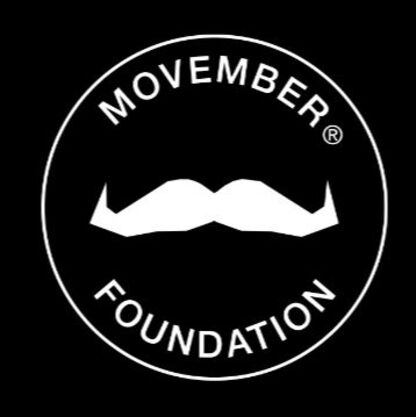- English
- DEUTSCH
- SPANISH
- FRENCH



Michelle has worked within multiple non-profit, NGO and Fortune 50 organisations, including board positions at the American Foundation for Suicide Prevention, the Mental Health Association and TEEN LINE.
After she joined Movember, we sat down with Michelle to discuss her ambition at the organisation, the mental health challenges exacerbated by the pandemic and the importance of driving recruitment efforts around our wellbeing.



Movember is ultimately attempting to change the face of men’s mental health. They fund and develop programmes centred around social connection, and helping men have difficult but important conversations.
But it’s not just about creating a community of support around men – it’s about equipping them with the tools and confidence to ask help for themselves and open up to their friends and family.
One of the organisation’s challenges is that men tend to live quite strictly by their ‘gender roles’ – displaying a need to uphold an image of being strong and always in control.
At Movember, we want to redefine this narrative and create a safe space for men to let their guard down and show their vulnerability.
Over the next year or so, I’m tasked with operationalising our programmes that are currently global and tailoring them so we can best support men in the US.
It’s such a unique market, in terms of the challenges that our healthcare system faces and the stigma around mental health in certain communities, so my priority will be helping these neglected groups tap into existing resources.
While we are continuing to develop programming throughout our active markets, my specific position was carved out to respond to the needs of the US market. In our other markets, there is notably better access to care and a social safety net which the US doesn’t have.
Even where there is sufficient access, there are financial limits that may still cause setbacks – we’re keen to close this gap and scale our support network.
Right now, it’s pivotal that we create support networks around men. Generally, women have an easier time of creating social circles, while the pandemic has been a particularly isolating time for men. Feelings of loneliness, disconnection and not feeling a part of anything in life can sadly lead to feelings of depression and anxiety.
We know that over 700,000 men a year die by suicide globally [World Health Organisation] – this is a significant issue and will continue to be unless we put those support networks in place.
What really drives me in my work and what attracted me to Movember was that I have my own history of losses – I am a suicide survivor, losing four people to suicide, including my father who was a mental health professional.
We know that when one person dies of suicide, six people are affected. It’s not uncommon that you sit in a room and ask: ‘who knows someone or has been affected by suicide?’ and nearly everyone raises their hand. So why aren’t we talking about it?

Movember is specifically focused on prevention and early intervention, so building in supports early on for men. That can be as easy as checking in with people in your network.
If you see someone who no longer wants to go out and do things or comes across reclusive – those are signs that you should have a conversation with them.
What’s key is you don’t need to feel like you have all the right things to say, or the solution. Just starting the conversation gives them permission to talk about something they are struggling with but that they didn’t want to raise themselves.
They always say – there’s a reason we have two ears and one mouth! You can be that person who’s there to listen and spark a conversation that might have been otherwise difficult to initiate.

It’s so important that we create our programming through a gendered lens, not a one-size-fits-all approach.
We need to tailor it to the needs of men and communicate in an authentic, non-threatening way so that men will actually use it, take the advice on board and create action around it.


Movember is specifically focused on prevention and early intervention, so building in supports early on for men. That can be as easy as checking in with people in your network.
If you see someone who no longer wants to go out and do things or comes across reclusive – those are signs that you should have a conversation with them. What’s key is you don’t need to feel like you have all the right things to say, or the solution.
Just starting the conversation gives them permission to talk about something they are struggling with but that they didn’t want to raise themselves.
They always say – there’s a reason we have two ears and one mouth! You can be that person who’s there to listen and spark a conversation that might have been otherwise difficult to initiate.
Perrett Laver specialises in executive search to identify outstanding leaders globally. We connect influential organisations with dynamic leaders who share common values and visions for the future.
Our deep understanding of each client’s values and culture ensures we find candidates from diverse sources who bring fresh perspectives and real impact.
We connect influential organisations with dynamic leaders who share common values and visions for the future.Our deep understanding of each client’s values and culture ensures we find candidates from diverse sources who bring fresh perspectives and real impact.